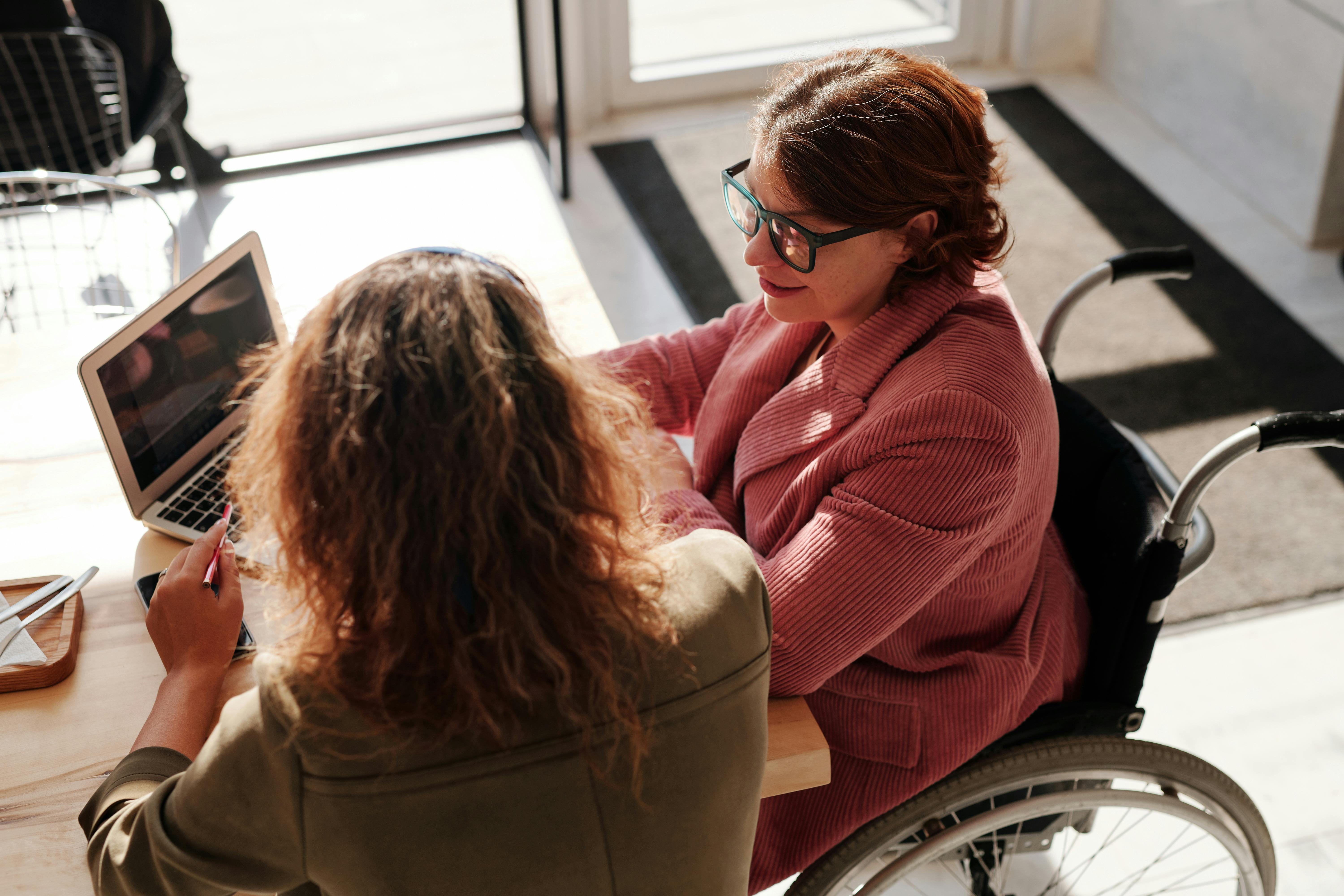Remember to continue educating yourself on disability rights and take action in promoting equality for all individuals with disabilities.
As advocates for all human rights, we understand the importance of legal protections and support for individuals with disabilities. In this guide, we’ll provide you with valuable information and resources to help you navigate the complex world of disability rights and legal advocacy. Whether you’re an individual with a disability or someone who wants to support the rights of those with disabilities, we hope this guide will empower you to take action and make a positive impact in your lives. Let’s get started!
Understanding Disability Rights
Before we dive into legal advocacy, it’s crucial to understand what disability rights are and why they matter. Disability rights refer to the legal protections and accommodations for individuals with disabilities. These rights ensure equal opportunities in all aspects of life such as education, employment, transportation, housing, and more. These are based on the principle of non-discrimination and promote inclusivity and accessibility for individuals with disabilities.
The United Nations Convention on the Rights of Persons with Disabilities (CRPD) is an international treaty that sets out the basic human rights for individuals with disabilities. It recognizes that people with disabilities should have full access to society on an equal basis with others.
The Role of Legal Advocacy
Legal advocacy plays a crucial role in protecting and advancing disability rights. Lawyers specializing in disability law can provide legal representation and guidance to individuals with disabilities who feel their rights have been violated. They can also assist in navigating the complex legal system and advocating for necessary accommodations and accessibility measures.
A lawyer can help you understand your legal rights, including those outlined in the CRPD, and how to exercise them effectively. They can also represent you in filing complaints or lawsuits against organizations or individuals who have discriminated against you based on your disability. Their expertise and knowledge of disability law can greatly strengthen your case and increase the chances of achieving a positive outcome.
How to Find the Best Representation
When seeking legal representation for disability rights, it’s essential to find a lawyer who is experienced and knowledgeable in this field, such as James Lee Katz. Some organizations, such as the National Disability Rights Network, can provide referrals to attorneys who specialize in disability law. Be sure to communicate openly and clearly with your lawyer about your needs and expectations. They should be dedicated to advocating for your best interests and ensuring that your rights are protected.
What to Avoid in a Lawyer

While there are many reputable and dedicated disability rights lawyers, it’s essential to be aware of red flags when seeking legal representation. Avoid lawyers who:
- Have no experience or knowledge in disability law.
- Make grandiose promises or guarantees about the outcome of your case.
- Pressure you into making decisions or signing documents without fully understanding them.
- Have a history of malpractice or misconduct.
- Do not communicate effectively with you or do not prioritize your needs and concerns.
Always trust your instincts and seek a second opinion if something feels off. Your lawyer should make you feel comfortable, respected, and confident in their abilities to advocate for your disability rights.
Additional Resources
In addition to seeking the help of a lawyer, there are many other resources available for individuals with disabilities and their advocates to promote disability rights through legal advocacy. These include:
Disability Rights Organizations
There are many non-profit organizations dedicated to advocating for the rights of people with disabilities. These organizations often provide free legal services, education and training, and support for individuals with disabilities.
Government Agencies
Various government agencies have programs and initiatives in place to promote disability rights and provide legal support. For example, in the United States, the Department of Justice oversees enforcement of the Americans with Disabilities Act (ADA) which prohibits discrimination against individuals with disabilities in all areas of public life.
Legal Aid Clinics
Many law schools offer legal aid clinics where students, under the supervision of experienced lawyers, provide free legal services to underserved communities. These clinics can be a valuable resource for individuals with disabilities who may not have the financial means to hire a lawyer.
Self-Advocacy
As an individual with a disability, you need to know your rights and be able to effectively advocate for yourself. Educate yourself on disability laws and seek support from disability advocacy groups in your community. You have a voice, and you deserve to be heard, so never forget that!
Taking Action
Legal advocacy is one way to promote disability rights, but there are many other ways you can make a positive impact. You can start by educating yourself and others about disability rights and advocating for accessibility and inclusivity in your daily life. You can also support organizations and initiatives that promote disability rights through donations or volunteering. By taking action, you can help create a more inclusive and equitable society for individuals with disabilities.
Legal advocacy is a powerful tool in protecting and advancing the rights of people with disabilities. By understanding disability rights, seeking legal assistance when needed, and utilizing available resources, we can work towards creating a more inclusive and accessible world for everyone. Remember to continue educating yourself on disability rights and take action in promoting equality for all individuals with disabilities. Together, we can make a positive impact in the lives of those with disabilities.


Join the conversation!